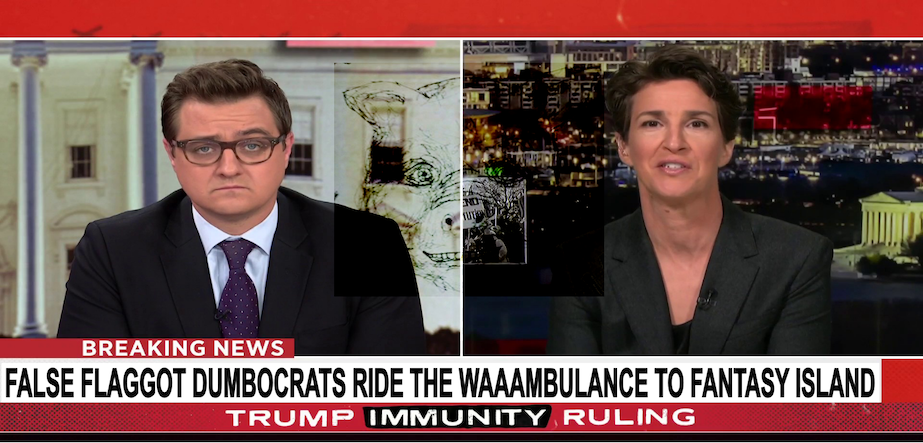From [HERE] A systematic review of autopsy-related literature following COVID-19 vaccination found that 73.9% of the 325 deaths were linked to the shots, suggesting “a high likelihood of a causal link” between the shots and death.
The review, published on June 21 in the peer-reviewed journal Forensic Science International, was first posted on July 5, 2023, on The Lancet preprint server, SSRN, an open access research platform.
However, Preprints with The Lancet removed the study from the server within 24 hours, “because the study’s conclusions are not supported by the study methodology,” according to a statement on the SSRN page, The Daily Sceptic reported.
The paper had been viewed over 100,000 times.
Authors submitting papers to Lancet journals for review post their work to the SSRN to make it publicly available while it undergoes peer review.
University of Michigan researcher Nicolas Hulscher authored the study, along with Dr. William Makis, Peter A. McCullough, M.D., MPH, and several of their colleagues at The Wellness Company.
The authors said autopsies should be performed on all deceased people who have received one or more COVID-19 vaccines and that vaccinated people should be clinically monitored for at least one year following vaccination. They called for further research into the issue.
McCullough told The Defender:
“Our study faced unprecedented censorship from the Lancet SSRN preprint server and was taken down after massive downloads by concerned physicians and scientists across the globe.
“Lancet did not want the world to know that among deaths that were autopsied after COVID-19 vaccination, independent adjudication found that the vaccine was the cause of death in 73.9% of cases.
“The most common fatal vaccine syndromes were myocarditis and blood clots. Investigative journalists should probe Lancet to uncover who was behind unethical suppression of critical clinical information to the public.”
Findings have wide-ranging implications
The authors searched the published literature archived in PubMed and ScienceDirect for all autopsy and necropsy — another word for autopsy — reports related to COVID-19 vaccination, where the death occurred after vaccination.
They screened out 562 duplicate studies among the 678 studies initially identified in their search. Other papers were removed because, for example, they lacked information about vaccination status.
Ultimately 44 papers containing 325 autopsies and one necropsy case were evaluated. Three physicians independently reviewed each case and adjudicated whether or not the COVID-19 shot was the direct cause or contributed significantly to the death reported.
They found 240 of the deaths (73.9%) were found to be “directly due to or significantly contributed to by COVID-19 vaccination” and the mean age for death was 70.4 years old.
Primary causes of death included sudden cardiac death, which happened in 35% of cases, pulmonary embolism and myocardial infarction, which occurred in 12.5% and 12% of the cases respectively.
Other causes included vaccine-induced immune thrombotic thrombocytopenia, myocarditis, multisystem inflammatory syndrome and cerebral hemorrhage.
Most deaths occurred within a week of the last shot.
The authors concluded that because the deaths were highly consistent with the known mechanisms for COVID-19 vaccine injury, it was highly likely the deaths were causally linked to the vaccine.
They said the findings “amplify” existing concerns about the vaccines, including those related to vaccine-induced myocarditis and myocardial infarction and the effects of the spike protein more broadly.
They also said the studies have implications for unanticipated deaths among vaccinated people with no previous illness. “We can infer that in such cases, death may have been caused by COVID-19 vaccination,” they wrote.
The authors acknowledged some potential biases in the article.
First, they said, their conclusions from the autopsy findings are based on an evolving understanding of the vaccines, which are currently different from when the studies evaluated were published.
They also noted that systematic reviews have bias potential in general because of biases that may exist at the level of the individual papers and their acceptance into the peer-reviewed literature.
They said publication bias could have affected their results because the global push for mass vaccination has made investigators hesitant to report adverse events.
They also said their research did not account for confounding variables like concomitant illnesses, drug interactions and other factors that may have had a causal role in the reported deaths.

























































































































































































































































































